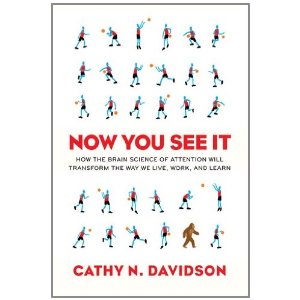
Koko Signs: Not a sign of any university that is actually holistic and committed to integrating knowledge. All are being evaluated on the basis of their many stovepipes of knowledge.
In the Maryland, District of Columbia-Virginia region, the following appear with their rank as shown.
18 Johns Hopkins University
38 University of Maryland, College Park
102-150 University of Virginia
151-200 George Mason University
151-200 University of Maryland, Baltimore
201-300 George Washington University
301-400 Georgetown University
Shanghai, People's Republic of China
The Center for World-Class Universities of Shanghai Jiao Tong University released today the 2011 Academic Ranking of World Universities (ARWU), marking its 9th consecutive year of measuring the performance of top universities worldwide.
Tip of the Hat to Kristan Wheaton at LinkedIn.







